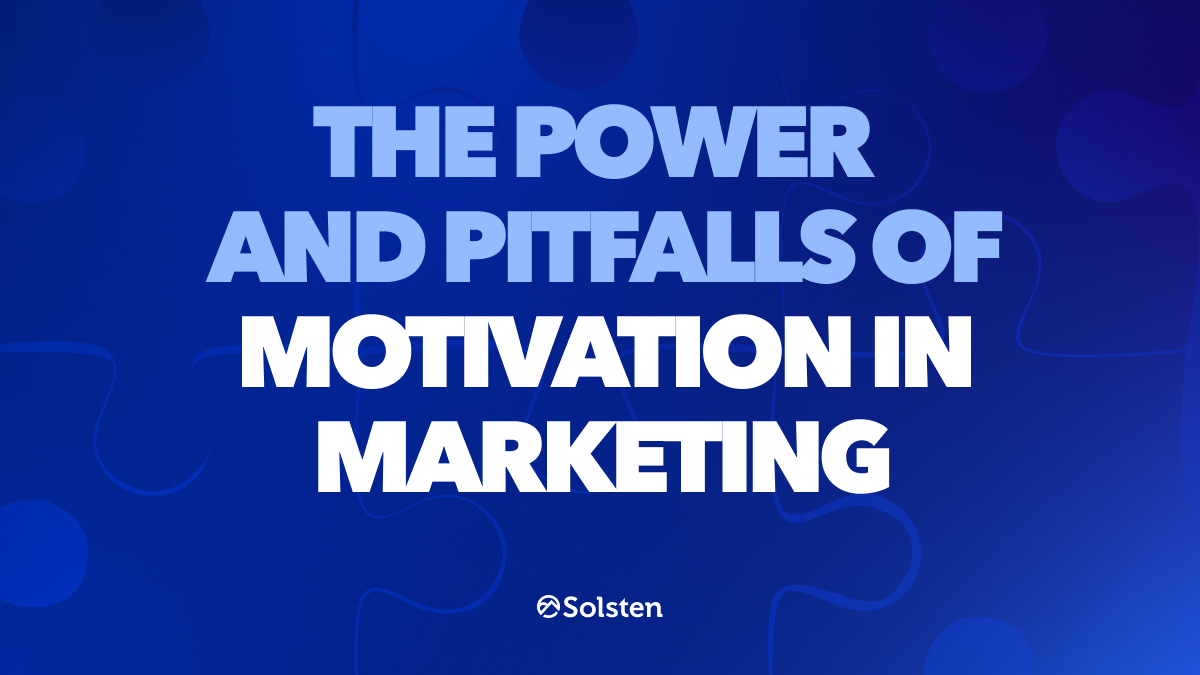We need to talk about how we’re approaching consumer motivation in marketing. We’re drowning in surface-level analysis and recycled ideas that barely scratch the surface of what actually drives purchasing decisions.
- If you’re tired of reading the same warmed-over theories about customer behavior, stick with us here — we’ll show you what’s really happening under the hood.
- And no, this isn’t another “Psychology 101” overview that you’ve seen a thousand times. We’re diving into real insights from psychological data that spans industries, and showing you how tools like Elaris make this understanding accessible through simple conversation rather than expensive research.
- Whether you’re trying to convince your team to rethink their approach to consumer psychology or just want to cut through the noise, this is your roadmap.
We know another article about marketing motivation might make your eyes glaze over, but we promise this isn’t your typical theoretical deep dive. We’re getting into the practical stuff that actually moves the needle.
Ready to see what your competitors are missing about consumer motivation? Let’s get into it.
The Rise of Motivation-Based Marketing
Markets are saturated, and customer acquisition costs are high. To cut through the noise, marketers across industries are turning to motivation-based strategies. This trend is particularly evident in the mobile gaming sector. In 2024, the average cost per install (CPI) for gaming apps increased by over 100% year-over-year globally.
These challenges aren’t unique to gaming. Brands in sectors from e-commerce to B2B services are all grappling with rising customer acquisition costs. The key question is: how can we better understand and leverage what motivates consumers?
The Promise of Understanding Consumer Motivations
The appeal of motivation-based marketing is clear and compelling:
A Nielsen study found that 47% of ROI in advertising comes from creative, and only 9% comes from targeting. By appealing to consumer motivations, marketers hope to create more resonant and effective campaigns that drive consumer action. Dr. Robert Cialdini, author of “Influence: The Psychology of Persuasion,” states: “Understanding what motivates your audience is the key to creating messages that not only capture attention but also drive action.” This insight underscores the importance of understating the psychology behind consumer behavior.
Intrinsic motivation, in particular, plays a key role in consumer decision-making. Unlike extrinsic motivators like discounts or limited-time offers, intrinsic motivation taps into a consumer’s personal desires, values, and goals. By aligning marketing communications with these intrinsic motivators, brands can create deeper, more meaningful connections with their audience.
The Oversimplification Trap
However, many marketers fall into the trap of oversimplifying consumer motivations. This is evident in popular frameworks like:
- Facebook’s guide to player motivations in gaming, which presents just eight motivation archetypes.
- The widely-used VALS (Values, Attitudes, and Lifestyles) framework, which puts consumers into eight psychographic segments.
While these models can provide a starting point, they raise critical questions:
How accurately do these archetypes represent the complex motivations of real consumers? How can marketers determine which archetypes apply to their target audience? The danger lies in assuming that all consumers within a segment are motivated by the same factors. This oversimplification can lead to generic marketing messages that fail to resonate with individual consumers.
Move beyond marketing archetypes to real psychology
Stop relying on outdated frameworks that put consumers into eight basic categories. Ask Elaris: “What psychological traits predict high-value customers in my industry?” or “How do different consumer personalities respond to marketing messages?” Get nuanced insights that inform truly resonant campaigns.
The Complexity of Human Motivations
The reality is that human motivation is incredibly complex. While simplified frameworks put people into 8-16 categories, modern AI tools like Elaris can explore hundreds of psychological traits through natural conversation.
Instead of expensive research studies, you can simply ask: “What motivates luxury shoppers?” or “How do B2B buyers differ psychologically from B2C consumers?” This conversational approach makes deep psychological insights accessible to any marketer.
Key motivations can vary widely based on factors such as:
- Personal values and beliefs
- Cultural background
- Life stage and experiences
- Situational context
Understanding these nuances is necessary for creating marketing strategies that truly resonate with and influence consumers. Elaris makes psychological insights accessible through conversation, giving any marketer access to the kind of consumer understanding that used to require expensive consultants and months of research.
A Data-Driven Approach to Motivation in Marketing
To leverage motivation effectively in marketing, follow this simple approach:
- Ask about your audience: Use Elaris to explore questions like “What psychological traits drive purchasing in my industry?”
- Identify high-value motivations: Discover what actually drives your best customers beyond demographics
- Create resonant messaging: Craft campaigns that speak to these core psychological drivers
- Test and refine: Use insights to optimize creative and targeting
Step-by-Step Implementation:
-
Gather Insights: Ask Elaris detailed questions about your customers’ motivations and psychological drivers.
-
Analyze Patterns: Look for common themes and correlations between motivations and customer value in the responses.
-
Create Motivational Profiles: Develop detailed profiles that go far beyond basic demographics.
-
Design Targeted Campaigns: Craft marketing messages that align with these nuanced motivational profiles. Then, you can test and refine from a significantly advanced starting point.
Case Study: From Generic to Psychological Targeting
Instead of expensive market research, one company used Elaris to ask: “What motivates our highest-value customers?” They discovered their best customers weren’t driven by price or convenience, but by status and expertise recognition.
By shifting their messaging from “Save money” to “Join the experts,” they saw 50% lower acquisition costs and higher customer lifetime value. The insight took minutes to discover through conversation rather than months of traditional research.
This approach works across industries. E-commerce brands discover that their luxury buyers are motivated by exclusivity rather than quality. B2B companies learn that their best leads value autonomy over cost savings. SaaS companies find that their highest-retention customers are driven by competence rather than convenience.
This granular approach to understanding consumer motivations allows marketers to create highly targeted, effective campaigns. By focusing on specific motivational traits rather than broad archetypes, they can create messaging that resonates more deeply with their audience.
The Future of Motivation in Marketing
As technology advances, our ability to understand and respond to consumer motivations will only grow. Tools like Elaris are at the forefront of this evolution, making sophisticated psychological insights accessible through simple conversation.
This approach combines the power of AI and machine learning with rigorous psychological science. This allows for the analysis of vast amounts of consumer data, identifying patterns and motivational factors that traditional methods might miss. As these technologies evolve, they promise to provide even more nuanced and actionable insights into consumer motivations.
Harnessing the Power of Motivation
Understanding what motivates consumers is not just about driving sales; it’s about creating meaningful connections between brands and people. By taking a nuanced, data-driven approach to motivation in marketing, brands can:
- Create more resonant marketing messages
- Improve customer acquisition and retention
- Enhance overall customer experience
- Build stronger, more authentic brand relationships
This scientifically-backed approach to understanding consumer motivations offers brands a powerful tool for creating effective, resonant marketing strategies that drive long-term success. By leveraging these insights, marketers can move beyond simplistic archetypes and truly understand the complex, multifaceted nature of human motivation.
Transform your marketing with psychological insights
Stop guessing what motivates your customers. Start asking Elaris about the psychological drivers behind purchasing decisions in your industry. Get insights that create truly resonant campaigns.



